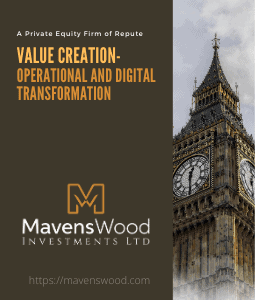The private equity (PE) industry has grown enormously over the past 20 years, from roughly $650 billion in assets under management (AUM) in 2000 to almost $5 trillion in September 2019 (of which some $1.7 trillion is now “dry powder”), an increase of 16% from the prior year and a more than seven-fold increase from 2000. In comparison, the Dow Jones Industrial Average has not even tripled over that period, even when using its peak before the COVID-19 induced crash.
There are consequences to this size. Limited partners (LPs) have become dependent upon the returns earned in PE, although there are questions whether the industry will continue to earn them in the future. This asset class has grown large enough that it is also raising questions about its contributions to systemic risk, such as climate change and income inequality. To date, there is little transparency on these and other sustainability issues at either the General Partner (GP) or portfolio company (PC) level. Questions are also being raised whether PE firms are paying their fair share of taxes. Unless addressed, the PE industry can again come under increased scrutiny and face questions about its license to operate.











Recent Comments